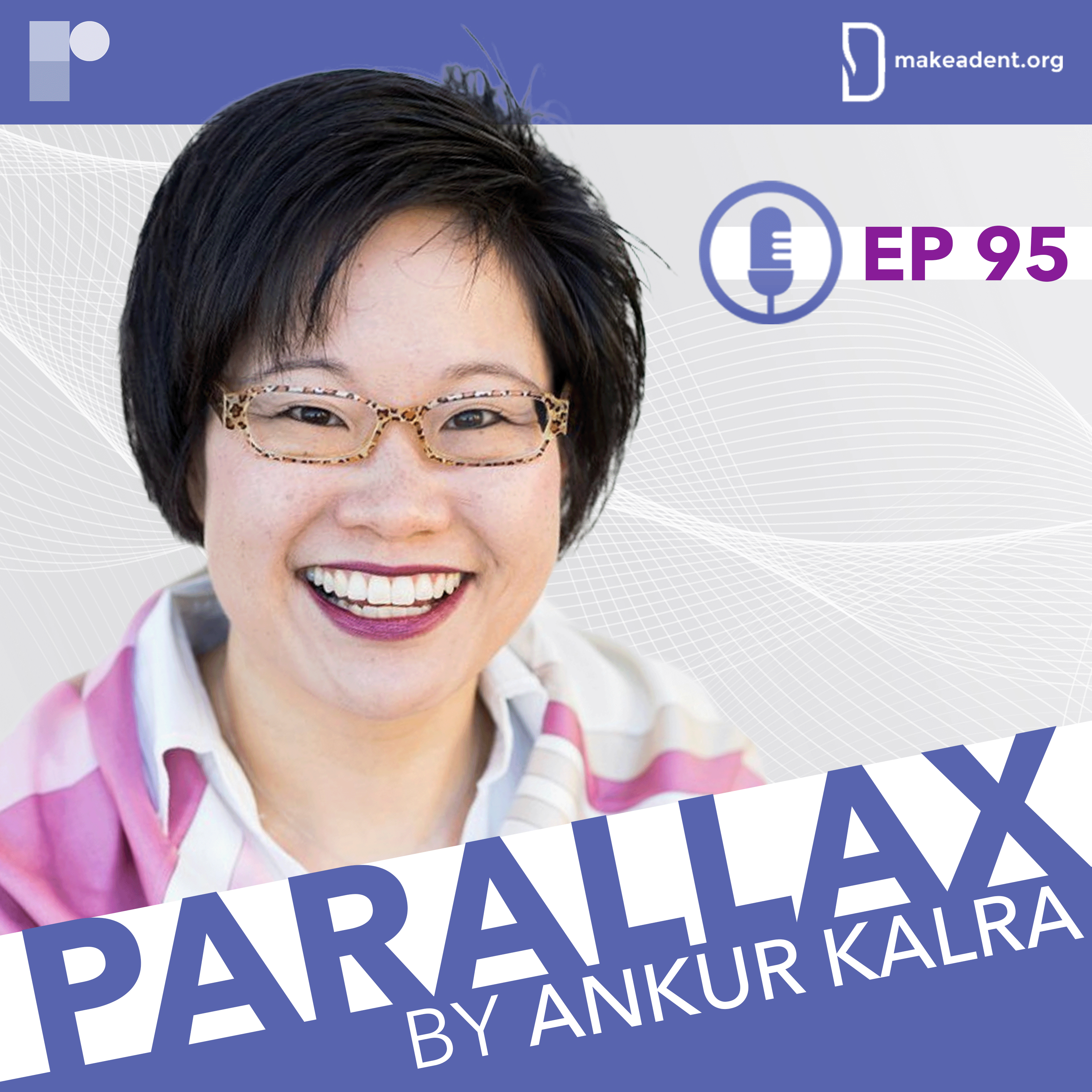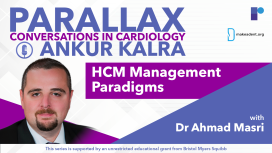
Join Dr Ankur Kalra in this episode of our mini-series, "Conversations about Hypertrophic Cardiomyopathy", as he engages in an in-depth discussion with Dr Carolyn Yung Ho. Together, they explore the journey from symptoms to diagnosis and management options for hypertrophic cardiomyopathy (HCM).
This series is supported by an unrestricted educational grant from Bristol Myers Squibb. Please see www.camzyosrems.com for important safety information.
Dr Ho is Medical Director of the Cardiovascular Genetics Center and an Associate Professor at Harvard Medical School.
Dr Ho offers a comprehensive examination of HCM, providing valuable insights on diagnosing the condition and distinguishing it from other conditions. The discussion addresses important questions, such as when to refer patients suspected of having HCM.
The episode explores the significance of cardiac MRI in diagnosing and distinguishing HCM, with a focus on the distinctive features that aid in assessment. The differentiation between sarcomeric and non-sarcomeric forms of HCM is examined for its clinical relevance, with an emphasis on identifying individuals at risk.
Dr Ho sheds light on the diagnostic tools used for risk stratification in both obstructive and non-obstructive cases of HCM. The conversation delves into management strategies for non-obstructive HCM patients, including additional approaches to alleviate symptoms such as exertional dyspnoea.
The episode concludes by discussing cardiac myosin inhibition as a potential therapy, covering important considerations and providing a comprehensive checklist for initiating treatment. Additionally, the latest evidence on exercise training in HCM patients is highlighted.
Tune in to gain insights into the diagnosis and management of HCM as Dr Ankur Kalra and Dr Carolyn Yung Ho illuminate this intricate cardiovascular condition.
This content is intended for US-based physicians.
This series is supported by an unrestricted educational grant from Bristol Myers Squibb.

This series is supported by an unrestricted educational grant from Bristol Myers Squibb. Please see www.camzyosrems.com for important safety information.
This content is intended for US-based physicians.




What is the Global Cardiology University project? How does Dr Anavekar encourage trainees to re-examine their role in patient care? What is his advice to our listeners?

As Dr Kalra asks Dr Rao about the ways in which early career faculty members can get involved with the organization at a state level. Dr Rao shares his insider tips and highlights key events where individuals can further their participation.
How can you get involved with your local ACC chapter? How can you improve your leadership skills? What is Dr Rao’s advice for our listeners?

He explains how the complexity of nutrition and the compounds generated by the gut microbiome can impact our health. We learn more about three compounds produced by our gut microbiome that have a strong connection with heart disease.
Through this conversation, Dr Vuyisich invites us to reframe our approach to nutrition and prevention as a question of food education and data-driven science.





